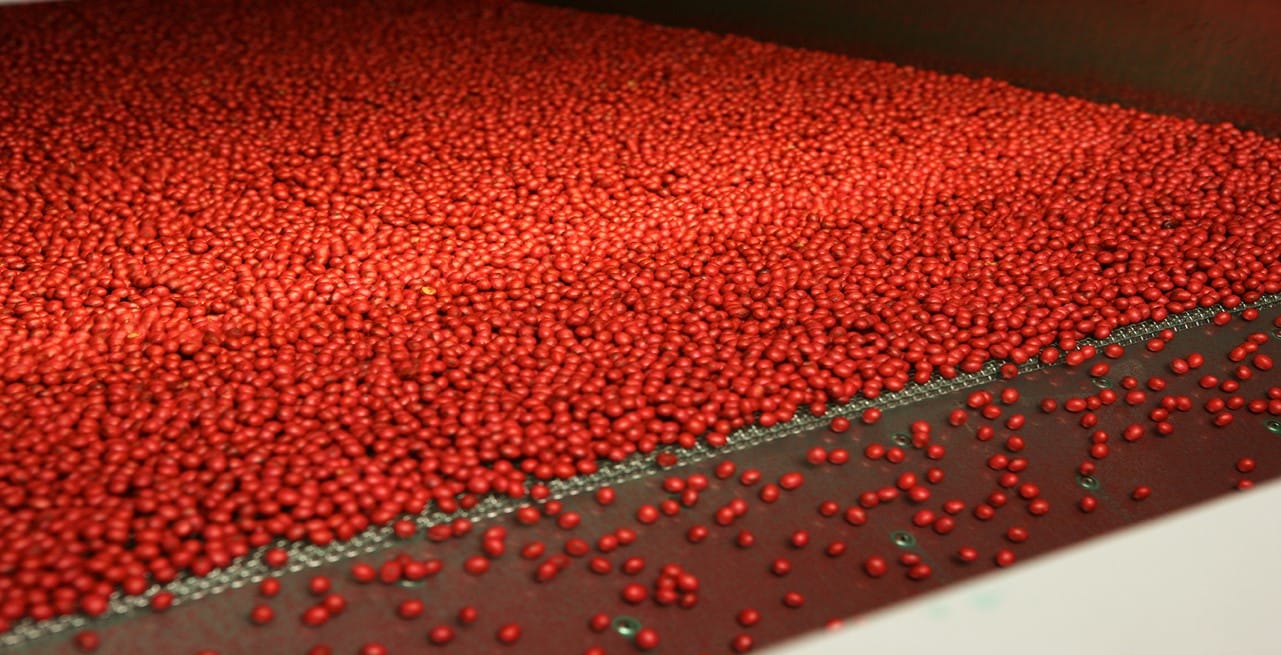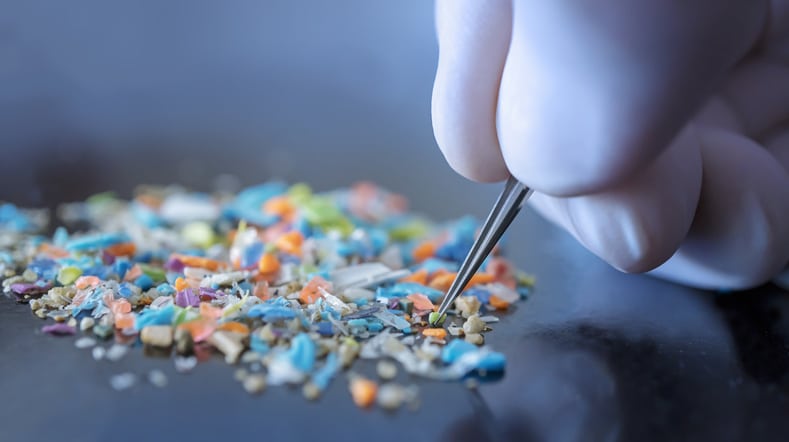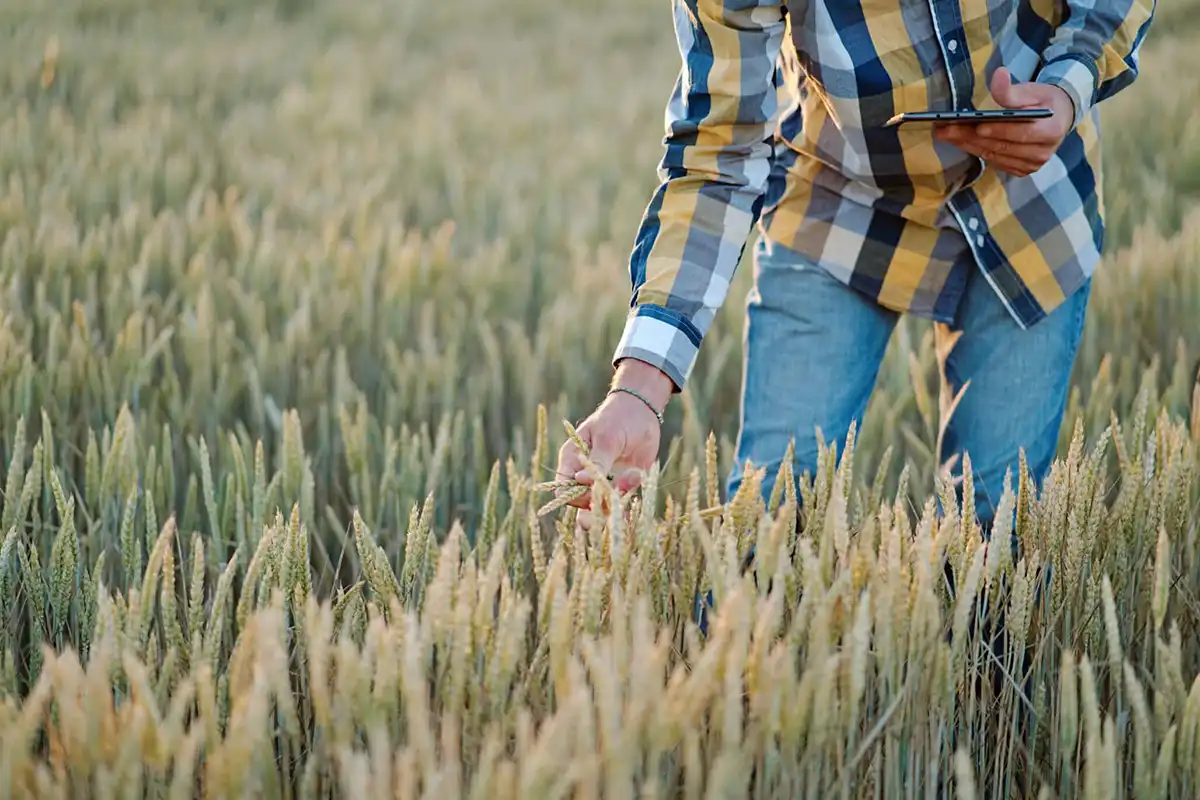In today’s interconnected world, the free and efficient movement of treated seed across international borders is not just a matter of convenience; it’s a critical component of ensuring that farmers everywhere have access to the best possible agricultural products. As the Phytosanitary Affairs Manager at the International Seed Federation (ISF), I’ve witnessed firsthand the challenges that arise when regulatory frameworks fail to keep pace with the realities of modern seed production and trade.
Treated seeds — those that have been coated with Seed Treatment Products (STPs) to protect them from pests, diseases, and environmental stresses — are a vital tool in reducing the environmental impact of agriculture while ensuring the full potential of the seed is realized. Yet, the international movement of these treated seeds is often hampered by inconsistent regulations, varying country-specific requirements, and a lack of harmonization in the treatment, labeling, and approval processes.
This lack of regulatory consistency not only disrupts the supply chain but also risks limiting farmers’ access to the high-quality seeds they need to achieve successful harvests. We face critical challenges, but we have some actionable steps to address them, ensuring that farmers around the world can continue to benefit from the best agricultural innovations.
A Complex Web
The seed industry is inherently global. Seed breeding, production and processing often span multiple countries, each chosen for specific climate conditions, expertise or logistical advantages. For instance, a seed may be bred in one country, produced in another and then sent to a third for processing and treatment before being re-exported to multiple markets. This intricate web of global movement is essential for meeting the diverse needs of farmers.
However, the complexity of this system is often misunderstood by stakeholders, including regulators. The lack of awareness surrounding the nuances of seed production and trade can lead to regulations that unintentionally hinder the international movement of treated seeds. This is particularly problematic when it comes to STPs, which are applied to seeds to protect them and ensure optimal performance in the field.
Challenges in the International Movement of Treated Seed
One of the primary challenges we face is the variability in regulations surrounding STPs. Different countries have different rules regarding the application of these products, their labeling, and the conditions under which treated seeds can be moved across borders. This patchwork of regulations can create significant barriers to trade, delaying or even preventing the export of treated seeds.
For example, some countries require that STPs used on seeds within their borders be registered and approved for use domestically, even if the seeds are destined for export to another country. This can complicate the treatment process, as seed processing facilities may need to tailor their applications to meet the specific requirements of each destination market. This not only increases costs but also introduces delays that can be critical during planting seasons.
Moreover, the lack of standardized labeling requirements adds another layer of complexity. Each country has its own set of rules about what information must be included on the labels of treated seeds. This can lead to confusion and errors, particularly when seeds are re-exported multiple times. A harmonized approach to labeling, including the use of multilingual labels, could significantly ease the movement of treated seeds across borders.
Harmonization and Mutual Recognition
To address these challenges, the ISF advocates for greater harmonization of regulations governing the movement and treatment of seeds. Specifically, we propose the following steps:
- Harmonized Regulations for STPs: Countries should work together to develop a common framework for the approval and use of STPs. This would include mutual recognition of STP approvals, allowing seeds treated with an approved product in one country to be moved freely to others without the need for re-registration.
- Centralized Processing with Export-Specific Registration: Seed processing facilities, often located in a limited number of strategic countries, should be allowed to apply STPs to seeds intended for export only, even if those products are not approved for use domestically. This would enable more efficient production and ensure that farmers have access to treated seeds in a timely manner.
- Standardized and Multilingual Labeling: To facilitate the international movement of treated seeds, labeling requirements should be standardized across countries. Where differences exist, multilingual labels could be used to ensure compliance with national laws while providing farmers with the information they need to use treated seeds safely and effectively.
Conclusion: Ensuring Global Access to Quality Seed
The global seed industry plays a vital role in feeding the world, and the free movement of treated seeds is essential to this mission. By working together to harmonize regulations and streamline processes, we can ensure that farmers everywhere have access to the best possible seeds, helping them to produce the food we all depend on.
As we look to the future, the ISF remains committed to advocating for policies that support the international movement of treated seeds, ensuring that no farmer is left behind.












